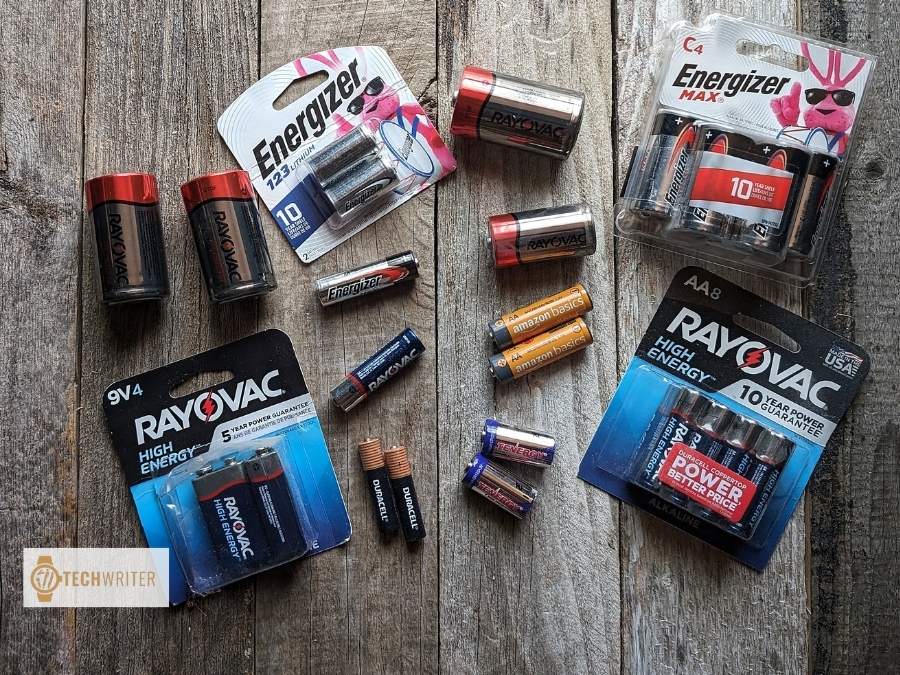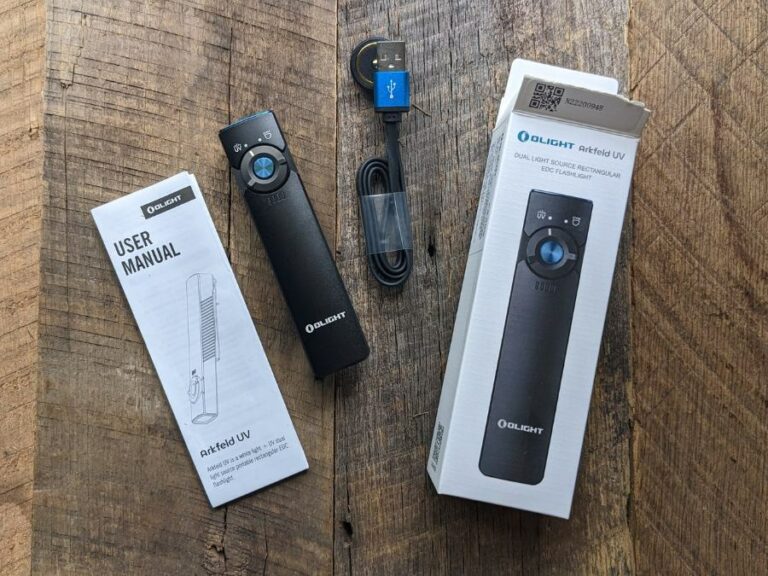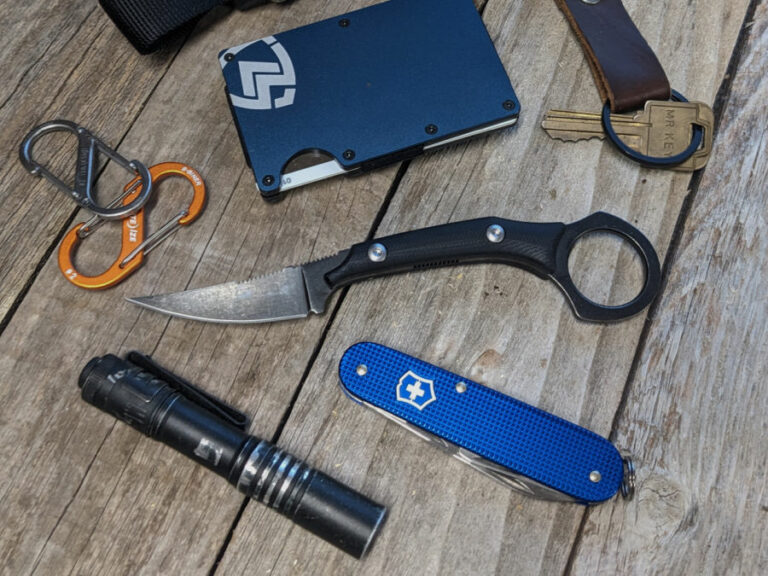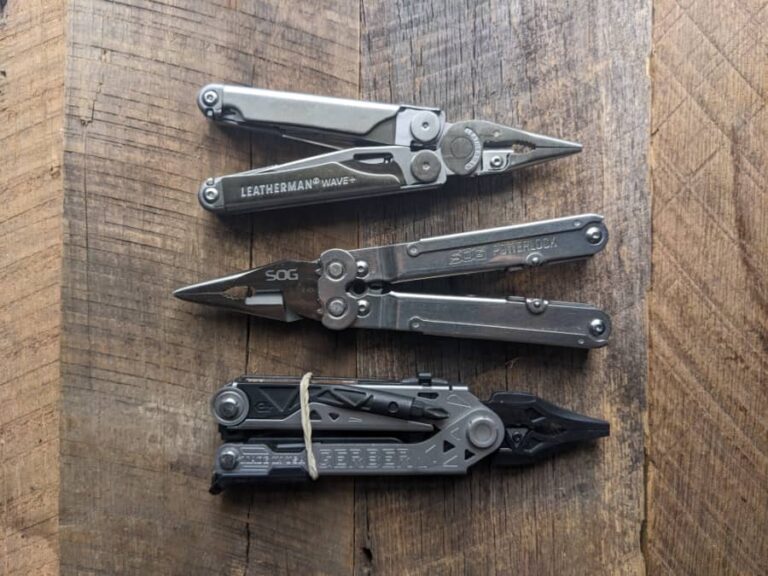What Kind of Batteries Are Best for Flashlights?
Just about every person has at least one flashlight in their home, and chances are, you have more than one. Flashlights aren’t just handy tools for finding things that have rolled under your sofa; they can also be essential for home safety.
When you need to find your way in the dark, you need to know you can rely on your flashlight. That means you also need to know you can rely on the batteries inside it.
With so many different types of batteries on the market, it’s not always easy to know what the best option is for your flashlight. We’re here to offer the best advice for choosing flashlight batteries, including which batteries give you the longest runtime.
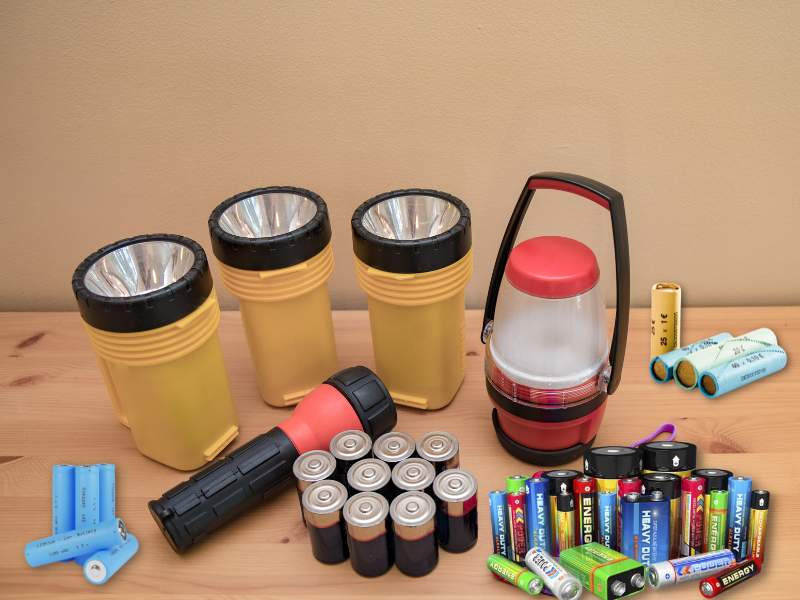
Flashlight Battery Considerations
You might think that the best flashlight batteries are the ones that last the longest, but it’s not always as simple as that. To start with, let’s keep a few considerations in mind when choosing flashlight batteries:
- Runtime: Simply put, runtime is the amount of time a battery can sustain a certain level of power output. It will vary depending on the type of battery and how much power a flashlight uses for a particular light setting.
- Self-Discharge Rate: This is the rate at which batteries lose power when not in use. Most high-quality batteries have a self-discharge rate that is very low, but none are zero. This is an especially important consideration if you have flashlights that you don’t use often, but that you may need to rely on in an emergency.
- Rechargeability: Rechargeable batteries have their pros and cons, the obvious advantage being that they can be used again and again. However, many rechargeable batteries have a high self-discharge rate, which isn’t always ideal for flashlights.
- Cost: The amount you spend on batteries is also worth considering. Certain batteries might be cheaper in the short term, but could cost you more in the long run if they don’t last as long.

Best Long-Term Option: Lithium Batteries for Flashlights
Lithium batteries have several significant advantages, and they are widely considered to be the best battery option for flashlights. That being said, they might not be the top choice in every situation, so be sure to keep a few things in mind.
The chief advantage of lithium batteries is that they have high energy density, which results in a longer run time. In short, they last a long time compared to Alkaline batteries. Lithium batteries also have a low rate of self-discharge, typically lasting 10 years or longer, which is one of the best shelf lives of any battery type.
You can store them on the shelf or in an emergency kit for years and still reliably use them. Another good thing about lithium batteries is that they work in a wide range of temperatures, and are unlikely to be ruined by cold or heat exposure.
That all adds up to lithium batteries being an excellent option for flashlights. They are especially good for flashlights that are stored or strategically located for emergencies, supplying long-term power when you need it. Depending on usage, you can expect them to still have some juice after 2 or 3 years.
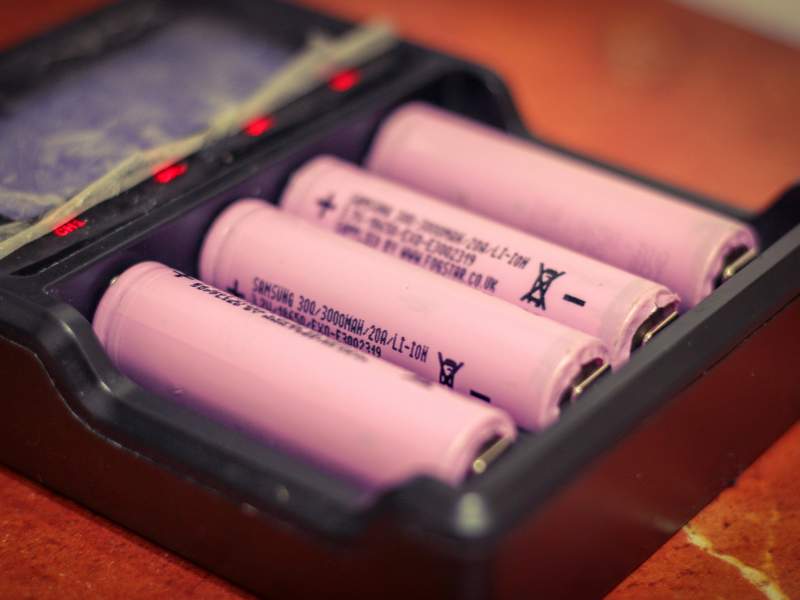
Best for EDC: Rechargeable Batteries for Flashlights
If you consider your flashlight to be an Everyday Carry (EDC) item, then you almost certainly put it through more rigorous routine use than an emergency flashlight that is only occasionally used. That means you might want a different type of battery.
Rechargeable batteries aren’t ideal for a flashlight you have stashed in case of a power outage, because rechargeable batteries self-discharge relatively quickly, typically at a rate of between 2% and 6% per month. Though they can be charged hundreds or even thousands of times, they’re no good to you if they’re dead by the time you need your flashlight!
But rechargeable batteries are great for a flashlight you use every day, because they give you good run time and can be reused many, many times. Although rechargeable batteries may cost more upfront, they will save you money and offer better performance over the long haul if you use your flashlight a lot.
Many rechargeable flashlights have rechargeable batteries built right in and can be charged via a USB cable. Other flashlights can accommodate either disposable or rechargeable batteries; depending on the manufacturer’s specifications, rechargeable lithium-ion or NiMH batteries can be great options.
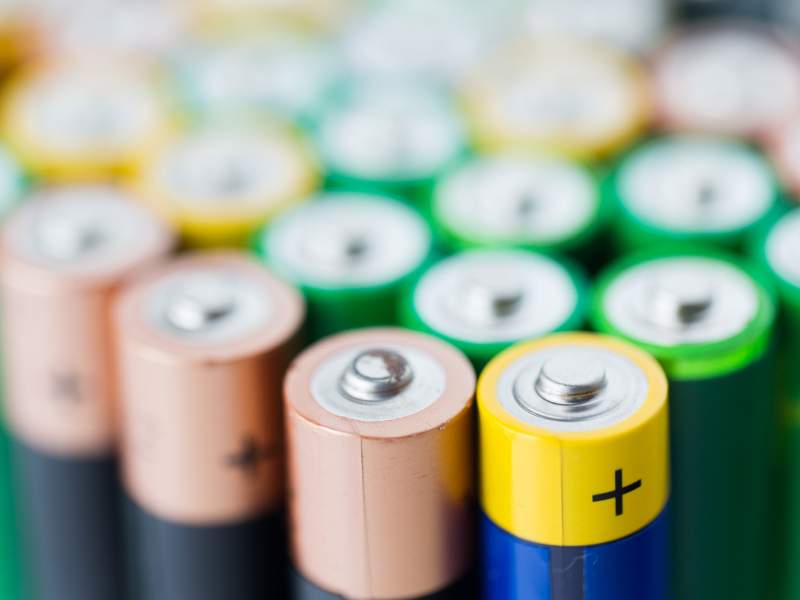
Budget Option: Alkaline Batteries for Flashlights
Good old-fashioned alkaline batteries still have their advantages, namely that they’re cheap, versatile and easy to come by. They may not offer the same low self-discharge rate as lithium batteries or the impressive lifespan of rechargeable batteries, but there is something to be said for their convenience.
Alkaline batteries are a perfectly good budget option, especially if you opt for an established name brand, which are usually quite a bit better than generic alkaline batteries. Good quality alkaline batteries can still last years on the shelf if they’re properly stored in a cool, dry place.
It is worth noting that alkaline batteries are typically better for short-term use than long term use. They can corrode or leak if you leave them inside your flashlight unused for long periods of time. That makes them a solid option for an emergency preparedness kit if you’re willing to store them outside of your flashlight and simply pop them in when needed, but you wouldn’t want to put them in the flashlight that sits in your glove box year-round.

Blair Witkowski is an avid watch nut, loves pocket knives and flashlights, and when he is not trying to be a good dad to his nine kids, you will find him running or posting pics on Instagram. Besides writing articles for Tech Writer EDC he is also the founder of Lowcountry Style & Living. In addition to writing, he is focused on improving his client’s websites for his other passion, Search Engine Optimization. His wife Jennifer and he live in coastal South Carolina.

